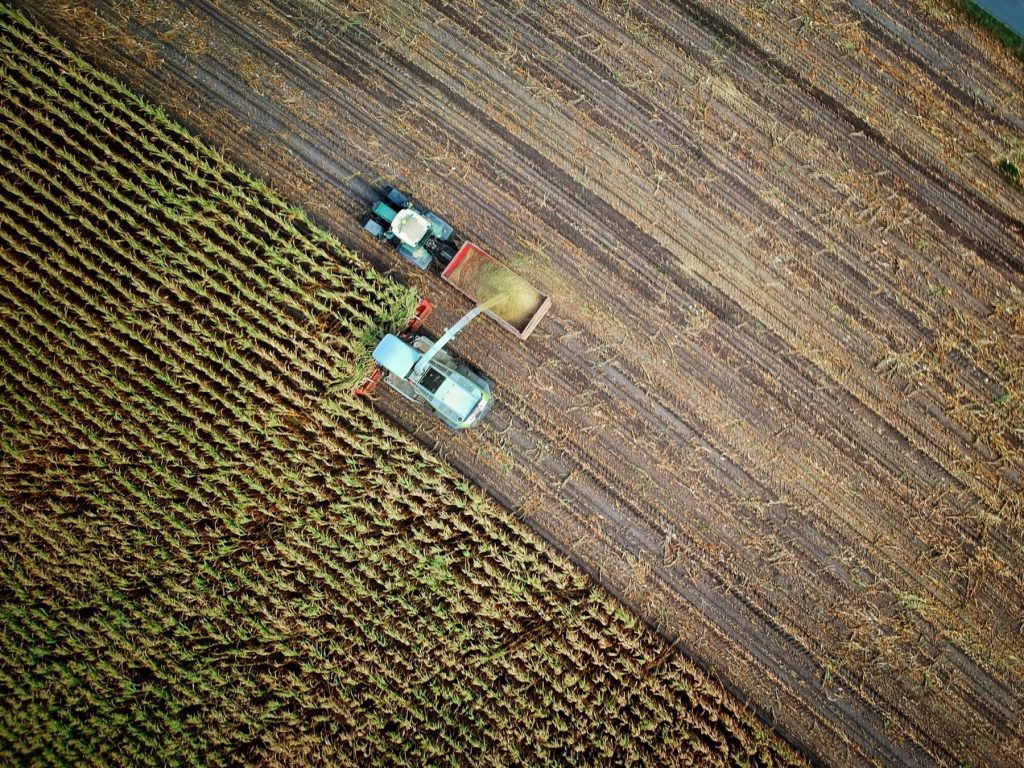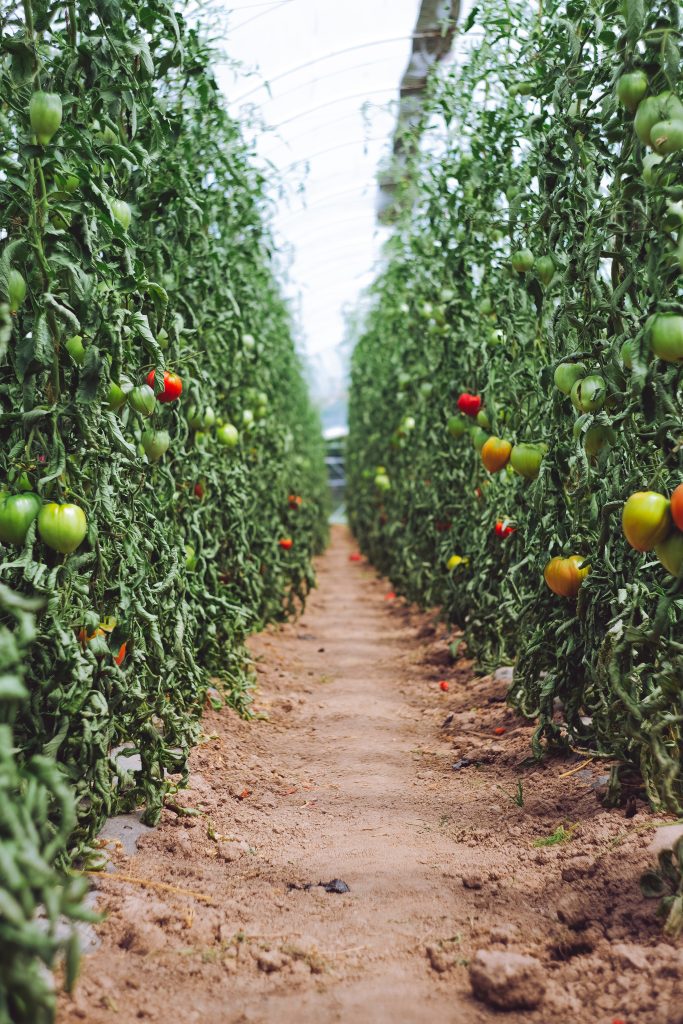
agRIF is a hybrid private equity and debt fund seeking to improve financial inclusion in the agricultural sector in low- and middle-income countries (LMICs). The fund makes equity and senior debt investments in agriculture-focused financial intermediaries lending to small and medium-sized enterprises (SME), as well as direct debt investments in producers and SMEs in the agricultural value chain. Investments are de-risked through diligence on macro indicators to evaluate risk of sudden devaluation.
Geography: Latin America, Sub-Saharan Africa, Asia
Size: USD 150 million (raised)
Impact thesis: Financial inclusion
Fund manager: Incofin
Total assets under management (AUM): EUR 1 billion
Founded in 2001, with headquarters in Antwerp and offices in Columbia, Kenya, Cambodia and India
Focused on developing countries and specialised in rural financial inclusion and the agrifood value chain
Incofin has made USD 2.4 billion worth of investments in more than 320 investees across 66 countries to date
agRIF follows Rural Impulse Funds I & II, both closed-end private equity funds investing in monetary financial institutions serving the rural sector
Investment overview
| Key fund limited partners (LPs) | Pension funds: KBC Pensioenfonds, SPF Beheer – the pension provider for the Dutch Railway Pension Fund and the Public Transport Pension Fund, SPOV – the pension provider for the Dutch public transport scheme, AXA Investment Managers |
| Other investors | The European Investment Bank (EIB), FMO – the Dutch entrepreneurial development bank, Proparco, the Swiss Investment Fund for Emerging Markets (SIFEM), BIO – the Belgian investment company for developing countries, BNP Paribas |
| Minimum investment | The European Investment Bank (EIB), FMO – the Dutch entrepreneurial development bank, Proparco, the Swiss Investment Fund for Emerging Markets (SIFEM), BIO – the Belgian investment company for developing countries, BNP Paribas |
| Instrument type | Private equity and debt |
| Time horizon | Nine year closed-end fund |
Financial return profile
Returns: Market-rate
- Target returns net 12–15% Internal Rate of Return (IRR) per annum
Track record:
- Third generation fund
- Incofin discloses geography and sector-specific historical returns to investors
Liquidity:
- Nine year closed-end fund
Risk profile
Currency risk:
- Assessed together with business and political risk
- Detailed diligence on macro indicators limits exposure to sudden currency devaluations
- No hedging, as internal analysis indicates this may not be profitable
Political risk: Local experience and networks
Execution risk: Local track record and decentralised structure allow proximity to investees
Concentration risk: Max. 15% fund capital invested in a single country
Investment thesis
- Inefficiencies in capital markets, driven by limited information and lack of familiarity, restrict access to finance for agricultural producers and SMEs in developing countries
- Therefore, there are attractive returns for investors, such as Incofin, with local experience and extensive diligence capabilities who can resolve informational issues
- Local experience also allows Incofin to identify and manage risks associated with investments in underserved sectors
- Investing in neglected regions and sectors enables a high level of impact without compromising financial returns
Eligible investments
- Equity and senior debt investments in financial intermediaries with a strong commitment to serving agricultural and rural markets
- Direct debt investments in producer organisations and SMEs in the agriculture value chain
Due diligence approach
- Sourcing and due diligence: Assessment of investee Environmental, Social and Governance (ESG) practices and development and evaluation of project-specific impact indicators
- Investment selection and structuring: Investee impact strategy developed, impact indicators tracked and reported
Impact targeting
Impact thesis
Theory of change:
- Investments help to scale and extend the lending reach of financial intermediaries financing underserved smallholder farmers and rural SMEs
- Providing access to finance for smallholder farmers and rural micro-entrepreneurs increases rural development
Target stakeholders: Smallholder farmers, rural SMEs and disadvantaged rural communities
Impact metrics and outcomes
Impact metrics:
Impact strategy is aligned with the Sustainable Development Goals (SDGs) framework, project-specific output and outcome indicators mapped to the following SDGs are identified and tracked across the lifetime of agRIF investments:
SDG 1: No Poverty
SDG 2: Zero Hunger
SDG 4: Quality Education
SDG 5: Gender Equality
SDG 6: Clean Water and Sanitation
SDG 8: Decent Work and Economic Growth
SDG 9: Industry, Innovation and Infrastructure
SDG 10: Reduced Inequalities
SDG 11: Sustainable Cities and Communities
SDG 12: Responsible Consumption and Production
SDG 13: Climate Action
SDG 15: Life on Land
SDG 16: Peace, Justice and Strong Institutions
SDG 17: Partnerships for the Goals
Impact reporting:
agRIF environmental and social impact results reported annually at Incofin Supervisory Board meetings

Portfolio investee spotlights
Save Solutions
Banking – Financial Inclusion
Save provides end-to-end banking services to the rural unbanked through a network of local customer service points (CSPs). As one of the largest banking business correspondents in India, Save serves more than 19 million customers through a network of more than 8,500 CSPs. Save averages USD 857 million in annual transactions and has contributed to more than 11 million rural employment opportunities.
agRIF was the sole Series A investor, investing USD 6 million in 2017. Funding was used to capitalise and expand two nonbank financial company subsidiaries, offering individual SMEs loans and microfinance products and to strengthen Save’s technology and analytics capabilities.
Other similar opportunities in the market
Incofin raised funds for the India Progress Fund (IPS), targeting USD 100 million and closing in December 2020, which will finance impact areas including financial services, agriculture and the food value chain
Key observations for institutional investors
Targeting underserved regions and sectors offers opportunities for high-return impact investing
- agRIF demonstrates that undertaking investments in regions and sectors where market inefficiencies restrict access to finance offers opportunities for investments which yield both high returns and high impact
- Incofin has deep local and sectoral experience in agriculture which enables it to overcome information limitations to identify and undertake high-return impact investments in this sector
Detailed diligence on macro indicators limits currency risks
- agRIF demonstrates that detailed diligence on country-level macro indicators, integrated with business and political diligence, can limit exposure to sudden currency devaluations and reduce the impact of minor fluctuations in currency value of returns
Fund manager track record demonstrates credibility of target returns
- Geography- and sector-specific historical returns data from earlier- generation Rural Impulse Funds I & II demonstrates viability of agRIF return targets
Sources:
Sources: i) Dalberg interviews, ii) www.Incofin.com [accessed: 06.10.2020]

